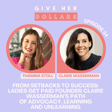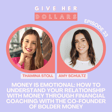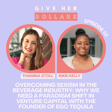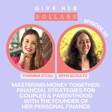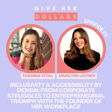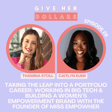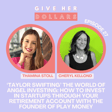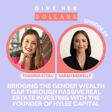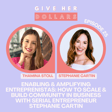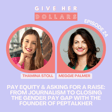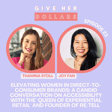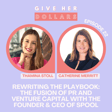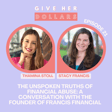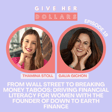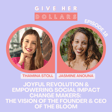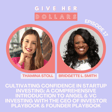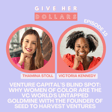
Unveiling the Creator Economy: Challenges, Triumphs, and Financial Realities with Gigi Robinson
Update: I recently launched my newsletter, The Sheconomist, and would love for you to subscribe: sheconomist.com - I share so many tools and resources that help young, high-achieving women with radical money and career self-advocacy.
----
Today, you are getting a behind-the-scenes look into the world of being a content creator. Our special guest is Gigi Robinson who is known for many things. From being a finalist in the Sports Illustrated Swim Search, to her advocacy in the chronic illness and body positivity spheres, Gigi embodies being a multi-passionate solopreneur.
Having been diagnosed with Ehlers Danlos Syndrome at a tender age, she understands firsthand the difficulties of being different. Gigi recently authored "A Kid's Book About Chronic Illness." This heartwarming book encourages readers to embrace life with a chronic illness and find the confidence to express their needs.
In an era where the creator economy is flourishing, it's essential to understand that success doesn't come without its share of challenges. Gigi, a leading voice in the Gen Z content creation space, offers an unfiltered view of how difficult it can be to achieve financial stability in this industry. Her journey, marked by resilience and determination, provides invaluable lessons for both budding and seasoned content creators.
Gigi opens up about the unpredictable nature of income streams, and the urgent need for comprehensive financial education within the creator community.
